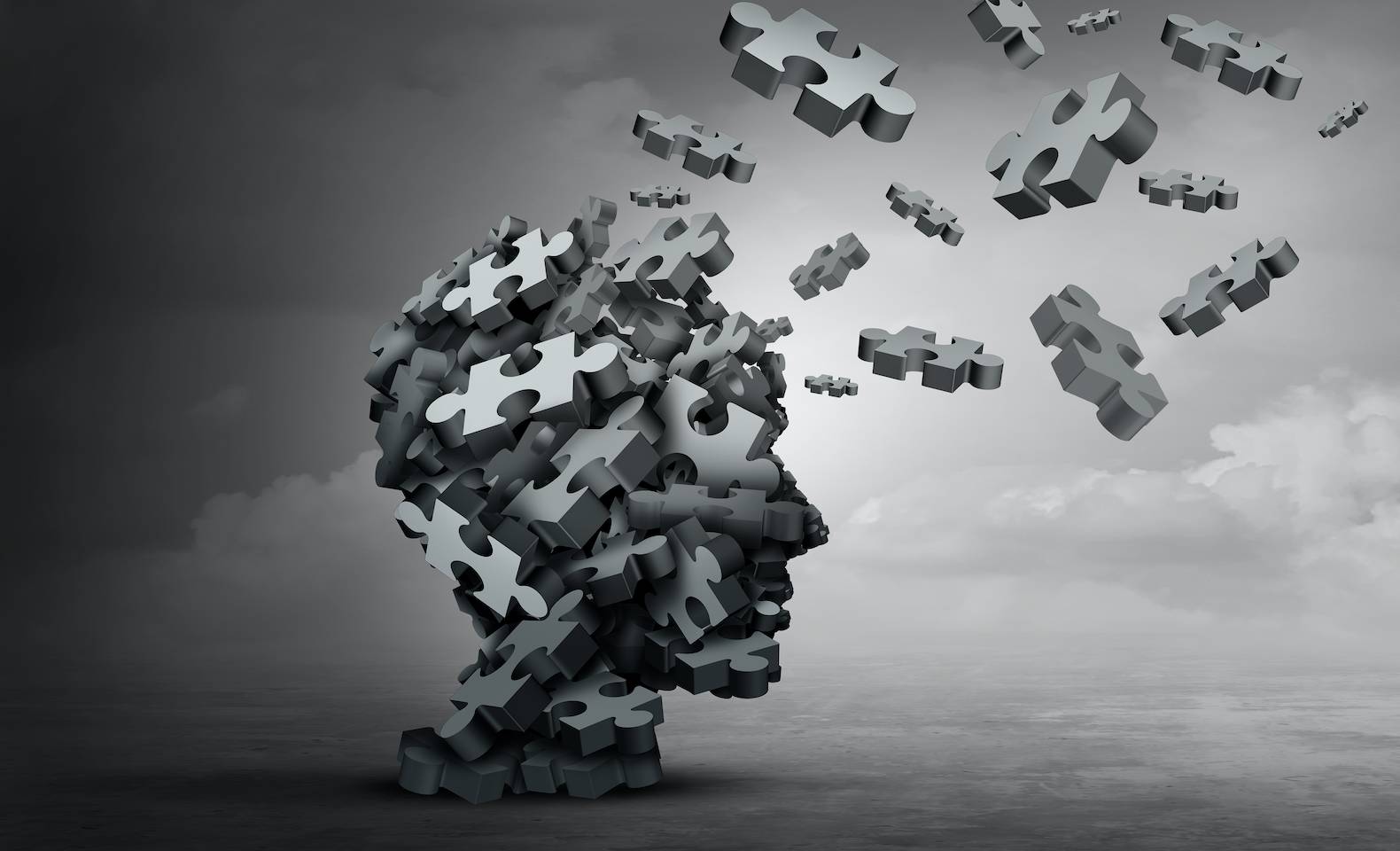
Facing a Parkinson’s Disease (PD) diagnosis can be terrifying. This neurodegenerative disease has seen a steady increase over the last century, often with life-changing symptoms. However, efforts to understand the cause of the disease has created a dynamic movement of truly exciting new research.
The shifting and irregular tremors associated with PD are caused by the death of specific brains cells that create dopamine, a powerful neurotransmitter that coordinates movements. Without dopamine, a lapse in signal is sent throughout the brain resulting in tremors, stiffness, and balance issues – which is why many scientists consider PD a “movement disorder (although, its symptoms are not limited to physical characteristics).” In addition, the dysfunctional production of dopamine can also influence mood, memory, gastrointestinal motility, and many other issues. As the disease continues, these symptoms can become worse and are often unique to each individual. With over 6 million cases worldwide, and 1 million right here in the U.S., scientists have stumbled for some time in trying to find a cure. Some scientists have theorized that the gut microbiome may be hiding answers as new research ties gut microbial activities to PD cases.
What could be the link between the health of brain cells and the health of the gut? Studies point to a little protein called alpha-synuclein (αSyn).
Brain Cells and Smoke Signals
The effects of PD begin at the synaptic cleft of neurons, which is the microscopic gap that occurs between two brain cells. When two brain cells line up, they never quite touch. Instead, each brain cell releases chemical signals - stimulated by an electrical current - that travel from one cell to the tip of the other. Though these chemical messengers must travel across this empty space in order to reach the opposing cell, it all moves faster than the blink of an eye. Scientists say that it happens in a matter of milliseconds, though it can vary based on which molecule is being transported.
Looking at how smoothly we walk, how quickly our eyes change direction, and the agility of our fight or flight reactions, the speed of the neurotransmissions is incredibly important. When they slow down, or too few molecules are being passed, suddenly our movements can appear quite jerky – as in many PD patients.
In development of PD, scientists have found that neuron damage occurring at the site of the synaptic cleft results in these cells dying. Theories as to why this may happen are abundant, but some studies have revealed that the protein alpha-synuclein (αSyn) may be responsible for causing this brain cell decay. This protein is found in organs like the heart and muscle, but most of it resides in the brain where it has a very special function (one that scientists are only now starting to learn about). Normally, αSyn is a wavy-like protein structure that interacts with neurotransmitters in transporting them to the synaptic cleft. If this protein becomes misfolded or bunched-up, it can form clumps that interrupt this transport process. In the early stages, these small clumps can start to harm other cell components. As they grow, these clumps can get so big that they actually create large masses called “Lewy bodies” and cause brain cells to die.
In early phases of PD, these bunched-up proteins can impact the level of chemical messengers being sent. As they worsen, however, they can result in cell death and cause permanent neurological damage. What is causing the malformation of αSyn, you may ask? Studies show that inflammation occurring within the brain might be the driving factor.
From Inflammation to αSyn
Most of our immune system is housed in our gut, called the GALT or Gut Associated Lymphoid Tissue. This “immune organ” contains nearly 80% of our immune cells and has a close relationship with our digestive system and the microbes that live there. Gut microbial activities have been shown to stimulate inflammatory reactions. These reactions can move throughout the body and even indirectly impact the health of our brain.
Moreover, our gut can also directly influence our brain health through the gut-brain axis – a central nervous system pathway from the Vagus nerve that connects the digestive system to the brainstem. This direct link not only can send signals from one organ to the other, but it can furthermore act as a bridge where gut microbes have been shown to travel straight to the brain. In the case of PD, scientists believe that gut microbial activities may regulate or even be required for the symptoms associated with Parkinson’s. This may be - in part - from inflammatory molecules accruing in our brain or even other microbial activities that can disrupt some processes and even damage others.
The Influence of Microbes
In several early animal studies, scientists have found a direct correlation between gut microbes and αSyn in Parkinson’s Disease.
These studies showed that when samples of a gut microbiome from a PD symptomatic human to asymptomatic mouse were made, the mice began showing similar symptoms of PD. Though these findings are still in early stages and have yet to be reflected in humans, there remains hope in finding ways to treat the cause of the disease over simply treating symptoms.
This new era of research marks a monumental change in how scientists are viewing PD. For years, physicians have noted gastrointestinal issues as being one of the earliest signs for Parkinson’s. Now with the growing understanding of αSyn ’s potential role, scientists have begun to take a closer look at it – even finding traces of αSyn in the colon of Parkinson’s patients. Pathology studies have even noted individuals diagnosed with Crohn’s have a higher incidence of PD, including those suffering from inflammatory bowel disease and ulcerative colitis.
In recent efforts, scientists have even found mounting evidence that certain probiotic supplements containing a common bacterial strain, bacillus subtilis, were found to prevent the over accumulation of αSyn. In these preliminary animal studies, supplementing with this strain reversed the severity of tremors common to PD. Interestingly, this particular strain is very common in many over-the-counter probiotics and also in probiotic-rich foods such as kimchi.
Clearly, the Gut-PD link is now a growing area of research showing promising potential for the many who suffer from neurological diseases. As we move further along, stay tuned with Viome or keep up to date with other great Parkinson’s resources like the Michael J Fox’s Foundation for Parkinson’s Research. Who knows when the next great link will break!



